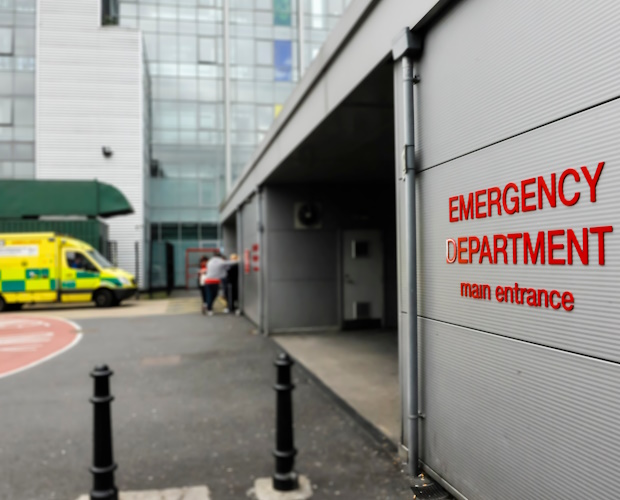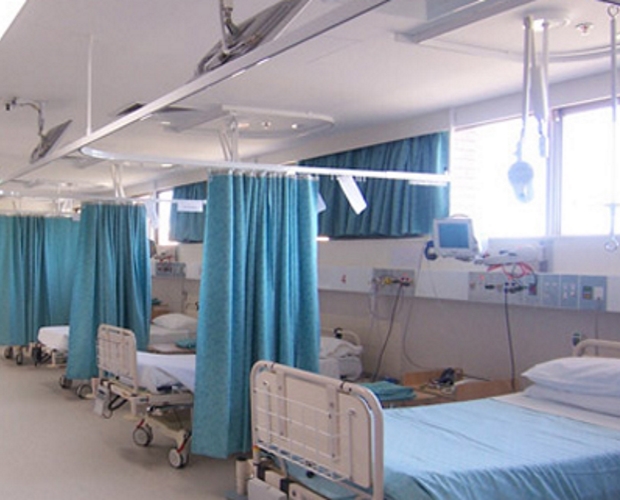T: 01822 851370 E: [email protected]
Visit RSN Survey about life in rural England to find out more.
The Dispensing Doctors’ Association (DDA) Chairman Dr Richard West has written to Health Secretary Wes Streeting over incoming changes to employers' NI contributions affecting GPs. Following confirmation that GPs will not be exempt from the charge announced in the Autumn...
The government has announced a series of steps aimed at addressing long-standing challenges facing the National Health Service (NHS) and improving service delivery. This announcement, which marks the start of a phased approach to strengthen the healthcare system, highlights the...
Last week, the government launched a significant public engagement initiative aimed at transforming the National Health Service (NHS). This nationwide campaign seeks to gather insights from the public, healthcare professionals, and experts to help shape a 10-year strategic plan intended...
The BBC has last week reported on the key NHS targets that have never been met. Research by the BBC shows that 'The analysis focused on the three key hospital targets, covering A&E, cancer and waiting times for planned care'....
An article published by the BBC details how the NHS in England is to receive an extra £5.9bn in this week's Budget, the government has announced The money will be used to help clear the record backlog of people waiting...
The NHS is asking patients, NHS staff, partner organisations and interested members of the public to give views on proposals to build strong and effective integrated care systems across England. Details on the NHS consultation can be found here. To...
In a bid to help our healthcare professionals, gamekeepers and moorland managers from across the Northern Pennines have joined forces to collect personal protective equipment [PPE] which has been donated to local NHS trusts Many NHS facilities are lacking in...
The MJ reported that a new cross-party Health Devolution Commission launched on Monday is calling for the devolution of health and social care service The Commission, which has been backed by five former health ministers and senior healthcare professionals, will...
The BBC are reporting about 70 people, including teachers, pupils and NHS staff, are meeting today to discuss mental health provision in west Cumbria after an initiative by young people in the area to increase the amount of help available...
The 10-year plan for the future of the NHS was announced last week, it outlines how the NHS budget will be spent over the next five years. Broadly, its stated aims are to: enable everyone to get the best start...
NEWSLETTER
Sign up to receive all our latest news and updates.
HOT TOPICS
Amid reduced public spending, fair resource allocation across regions is crucial. Despite a population larger than Greater London, rural areas receive significantly less funding for essential services, even though delivering these services in rural areas is more expensive.
Economic growth is widely acknowledged as essential for national wealth and prosperity and is a priority for political parties. Rural economies, employing millions and home to a higher proportion of small businesses, have potential for growth if barriers are removed.
Rural residents face distinct healthcare challenges, including limited access to transport, longer distances to medical facilities, an aging demographic, housing inadequacies, digital connectivity gaps, and difficulties recruiting health and care workers.
Rural communities are grappling with a severe affordable housing crisis, marked by high house prices, a lack of affordable housing, elevated living costs, and lower incomes, threatening their sustainability and vitality.
Transport is vital for the quality of life and economic health of rural areas, yet it faces challenges such as infrequent public bus services and less Government funding compared to urban regions.
Rural areas, encompassing a substantial portion of England's population and land, play a pivotal role in combating climate change and achieving the net zero target.
In an increasingly digital world, the lack of robust digital infrastructure in rural areas severely limits access to crucial services and stifles economic growth.
A future-focused vision for rural communities involves not just building the right homes in the right places but also ensuring thriving, sustainable communities.
SIGN UP TO OUR NEWSLETTER
Sign up to our newsletter to receive all the latest news and updates.













